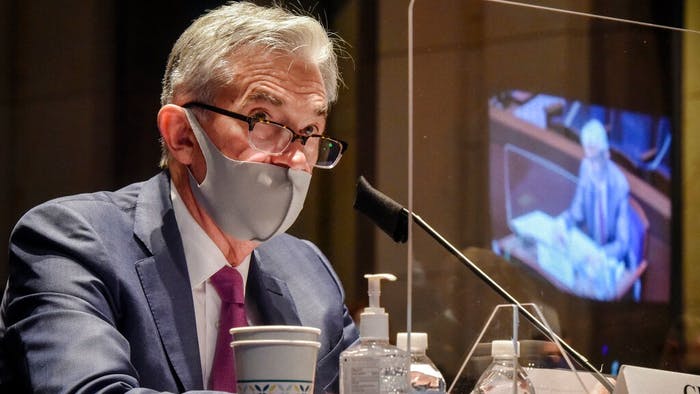 Associated Press
Associated Press
Too risky? Fed pressed to expand aid to some businesses
With the economy still in the pandemic’s grip, the Federal Reserve is facing a decision on whether to stretch an emergency lending program in a way that could bring more risk for the government and taxpayers. Lawmakers are pressing the central bank to deliver more aid to struggling small and mid-sized businesses.
The economic recovery has been uneven and painfully slow in the wake of shutdowns from the coronavirus. The pandemic has killed some 180,000 people in the U.S., and the number of laid-off workers collecting jobless benefits exceeds 14.5 million.
Read more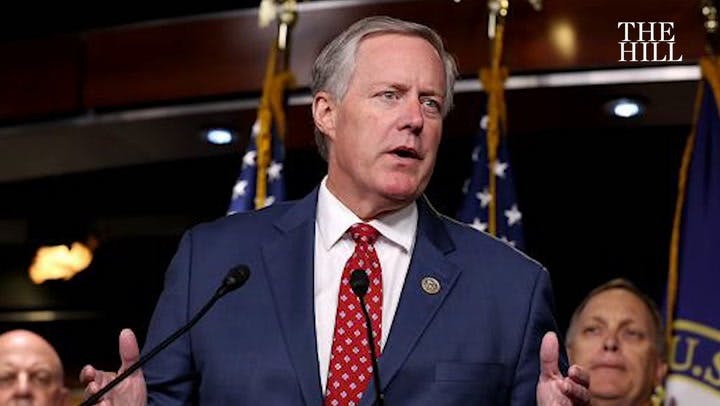 The Hill
The Hill
Meadows blames Pelosi 'fantasy objection' for impasse on coronavirus relief talks
White House chief of staff Mark Meadows blamed stalled negotiations over the future of a second coronavirus relief package on a "fantasy objection" from Speaker Nancy Pelosi (D-Calif.), who he said would not explain what her version of a stimulus package would fund.
In an interview with NBC's "Meet the Press" on Sunday, Meadows attacked the House leader over her unwillingness to come down from a demand that Republicans support a $2.2 trillion bill for the second round of economic stimulus in response to the coronavirus pandemic.
Read more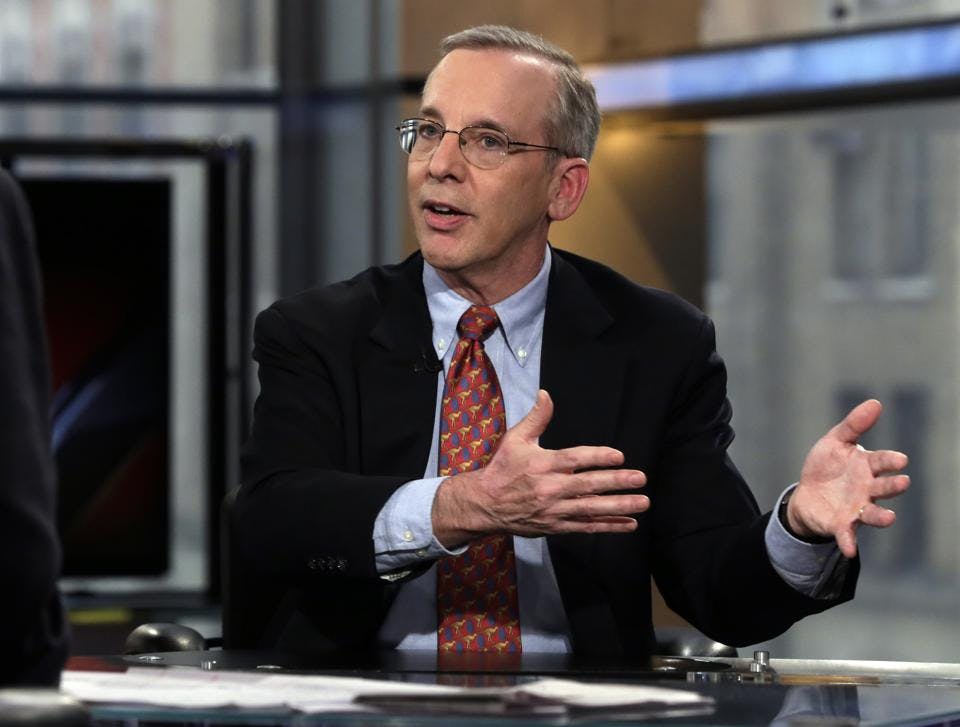 Forbes
Forbes
Dudley: The Fed’s Done All It Can Do, Recovery Depends On Stimulus
The Federal Reserve (Fed) has done almost all it can do to help the economy and now its recovery will rely on fiscal stimulus, said William Dudley, former president of the Federal Reserve Bank of New York in a recent online event.
“The fiscal issue is really the center stage at this point,” said Dudley, on a Zoom call with members of the New York Alternative Investment Roundtable, a non-profit committed to promoting education in the alternative investment industry. “The economic recovery is certainly taking place. When we get the third quarter GDP (gross domestic product) we will see a very big rise in economic activity. But if you look at the slope of that recovery we’ll find out that it’s flattened out pretty significantly in the second half of July and into August. And that's because the pandemic has become more widespread across a greater number of states.”
Read more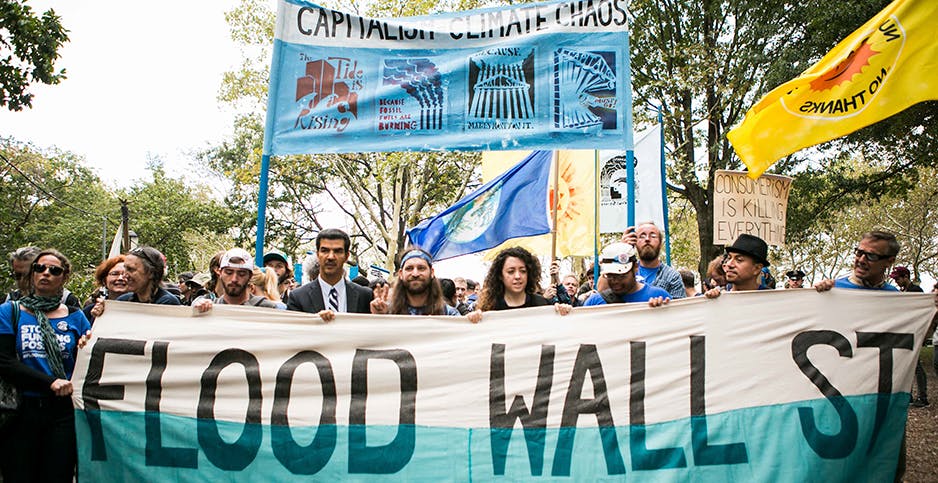 E&E News
E&E News
SEC eases how much risk companies must report
The Securities and Exchange Commission voted this week to scale back the degree to which public companies must report the financial risks they face — including those posed by climate change.
The decision Wednesday was the first time in more than 30 years the SEC has approved updates to rules that guide disclosure requirements for U.S. businesses, also known as Regulation S-K. Supporters said the move was an effort to modernize the disclosure process, but opponents warned that the changes are out of step with the recent evolution of capital markets and the economy.
Read more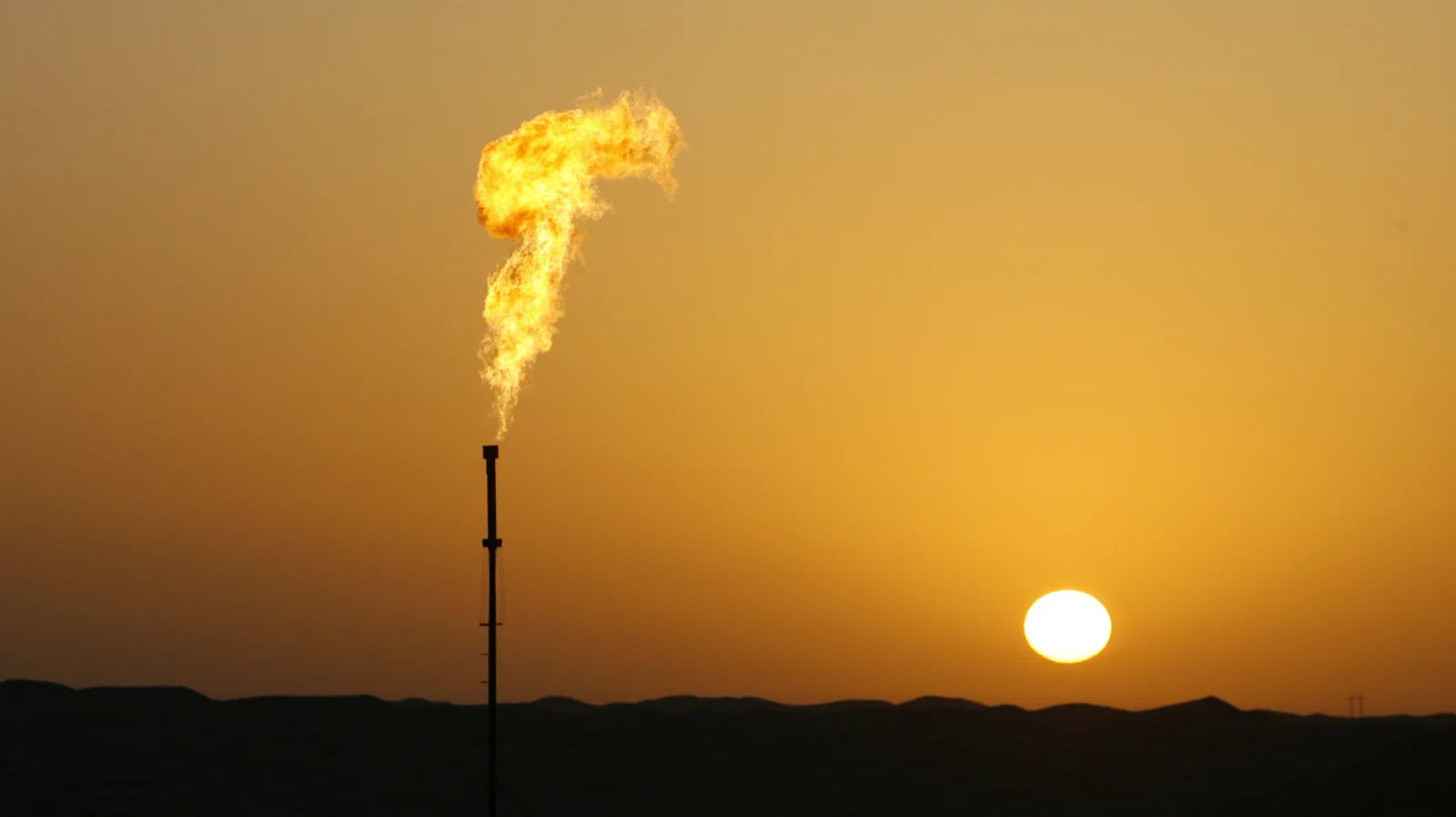 Earther
Earther
OPINION: Maybe It's Time to Retire the Phrase 'Big Oil'
It’s been a week bookended with bad financial news for the oil and gas industry. It began with Exxon getting the boot from the Dow Jones Industrial Average, and now comes news that energy companies are the tiniest piece of another venerable stock index, the S&P 500. These may be different indices, but they tell the same story: Big Oil is becoming a terrible investment.
The S&P 500 news comes courtesy of BloombergNEF chief content officer Nat Bullard, who tweeted the ignominious milestone on Thursday evening. The energy sector—which includes oil majors as well as refiners—dipped to just 2.34% of the overall S&P 500. That’s an infinitesimally small chunk compared to tech, which has marched steadily upward over the decade since the 2008 financial crash, as well as other sectors, from health care to real estate. Frankly, Big Oil just isn’t so big anymore.
Read more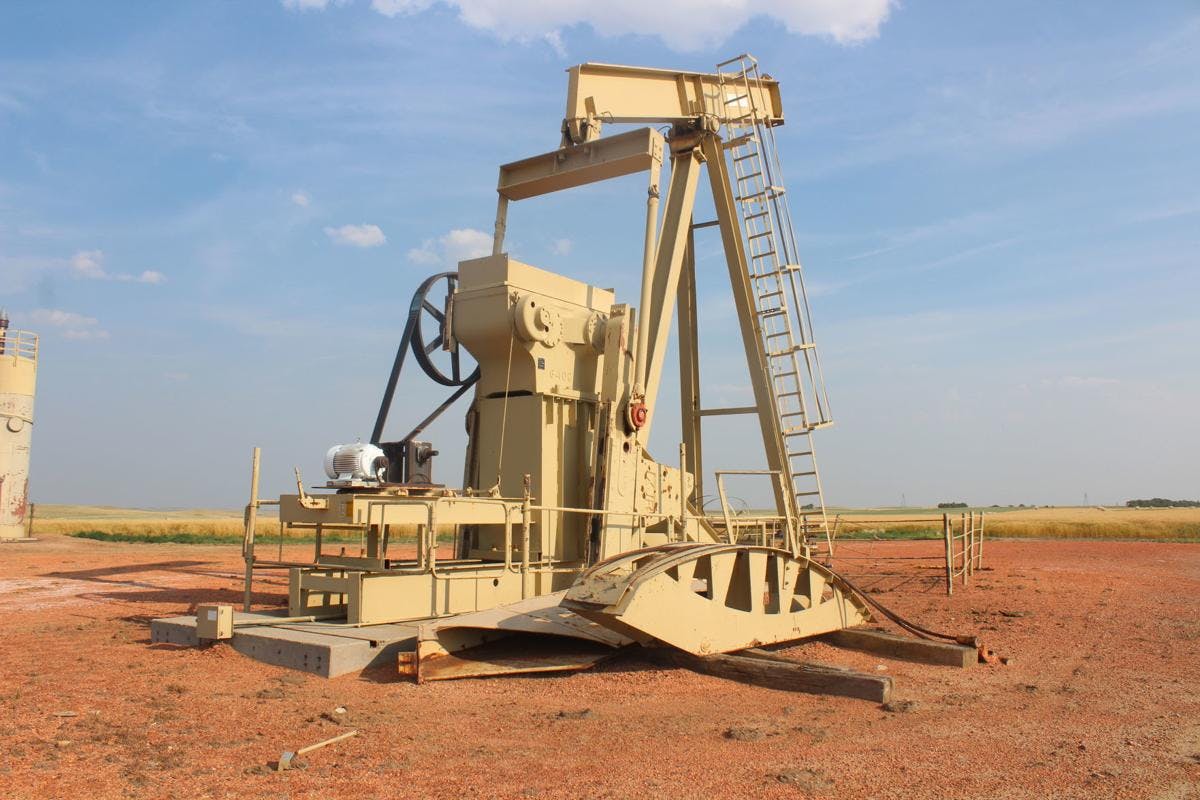 Bismarck Tribune
Bismarck Tribune
EDITORIAL: Restoring well sites should be ongoing effort
Stimulus funding related to the coronavirus pandemic is kickstarting an effort to plug abandoned oil and gas wells in North Dakota and return the land to agricultural use.
About 400 well sites in western and north-central North Dakota will be restored through a program funded primarily with $66 million of the $1.25 billion the state received in CARES Act funding.
Using coronavirus relief aid to plug abandoned oil wells is questionable. The responsibility for restoring abandoned well sites should lie with the companies that own them.
Read more